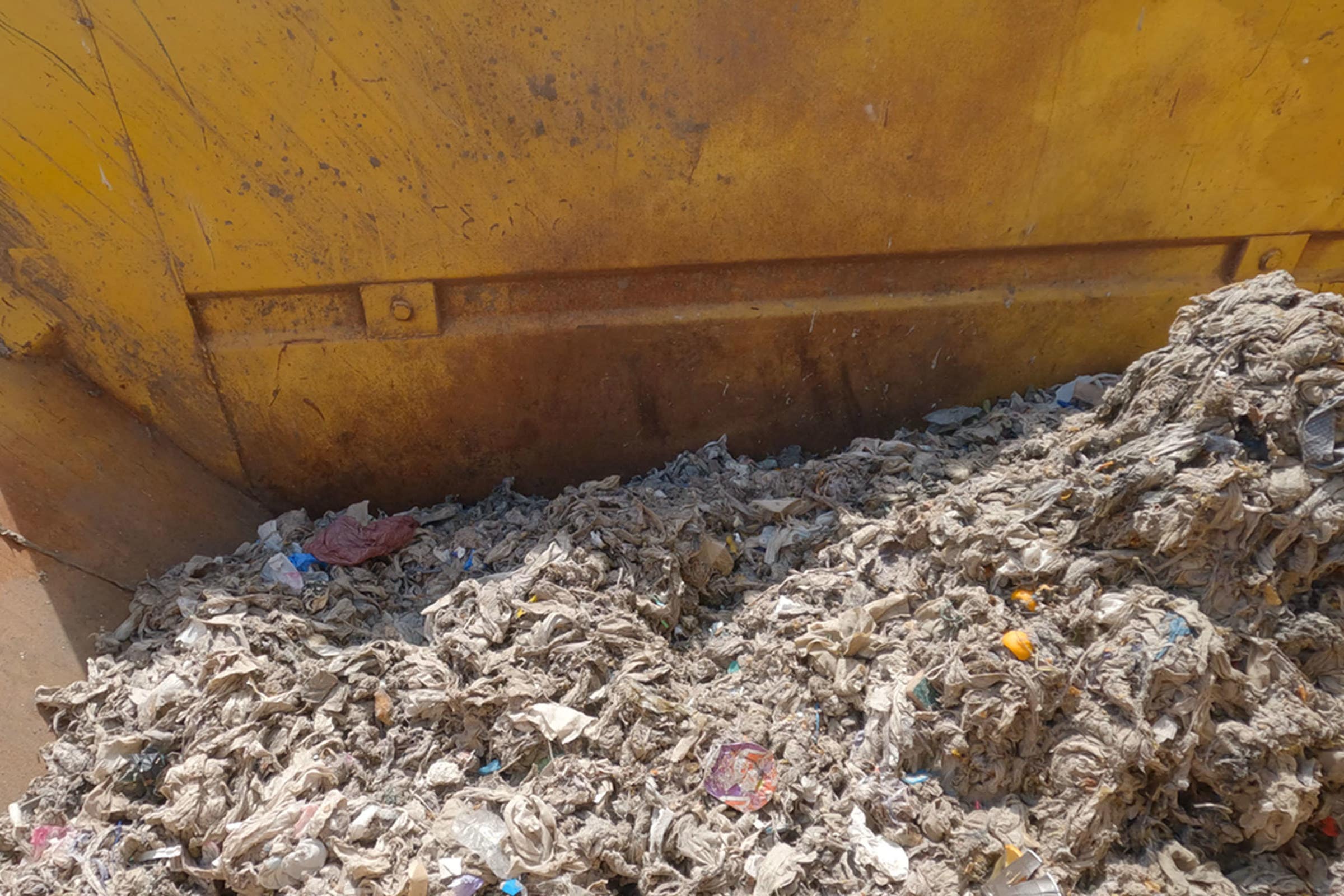Government to begin plastic wet wipe ban consultation soon, says water minister
Around 90% of wet wipes currently contain plastic, which prevents them from breaking down when flushed.

Your support helps us to tell the story
From reproductive rights to climate change to Big Tech, The Independent is on the ground when the story is developing. Whether it's investigating the financials of Elon Musk's pro-Trump PAC or producing our latest documentary, 'The A Word', which shines a light on the American women fighting for reproductive rights, we know how important it is to parse out the facts from the messaging.
At such a critical moment in US history, we need reporters on the ground. Your donation allows us to keep sending journalists to speak to both sides of the story.
The Independent is trusted by Americans across the entire political spectrum. And unlike many other quality news outlets, we choose not to lock Americans out of our reporting and analysis with paywalls. We believe quality journalism should be available to everyone, paid for by those who can afford it.
Your support makes all the difference.The Government will begin a consultation on the ban of plastic wet wipes “as soon as possible”, water minister Rebecca Pow has said.
Ms Pow answered questions from the Lords’ industry and regulators committee on the water industry and the role of Government on Tuesday.
She said: “Under my hat, I would like to ban wet wipes containing plastics and bring forward our ban on these things, but that’s what we are endeavouring to do.”
Asked to give an exact date for the consultation on banning wet wipes, Ms Pow said: “All I can say is, as soon as possible.”
Millions of wet wipes are sold in the UK every year, with uses ranging from make-up removal and hand sanitisers to surface cleaners, with increasing numbers causing problems in sewers and waterways.
Around 90% of wet wipes currently contain plastic, which prevents them from breaking down when flushed, according to the Flood Hub – an organisation supported by the Environmental Agency.
They are a major contributor to fatbergs, which block sewers.
Fatbergs are formed when fat, oil and grease are poured down sinks and drains and combine with items that should not be flushed down the toilet, such as wet wipes, nappies and cotton buds.
Earlier this year, Water UK launched a campaign urging Britons to “bin the wipe”, adding that 75% of drain blockages are caused by people flushing wet wipes down the toilet.
Asked if the Government had the “will” to ban wet wipes, Ms Pow said that she personally had the will to do it.
“Well, I certainly have the will,” she said. “I have never been a woman that uses wet wipes.
“We actually were also the Government that launched our plan for water, which sets out step by step the game-changing transformation, for everything to do with water from demand to supply to pollution.
“And one of the things we said in there would be that we would progress the banning of wet wipes, and wet wipes in particular containing microbeads.
“In fact, I was the backbencher that started the campaign to ban plastics in wet wipes, which we’ve done. So we are already now working on how we can bring forward this consultation rapidly to do exactly as you’re saying.”
However, she said that there were businesses that were unhappy with the ban.
“But as with everything that one does, of course, there are businesses who are not quite so happy with the idea of banning wet wipes,” she said.
“But they do cause fatbergs… and it’s also about education to the public because there have been some very, very good campaigns, voluntary campaigns and bin the wipe, which gone a great way towards educating people not to chuck wet wipes down the loo.”